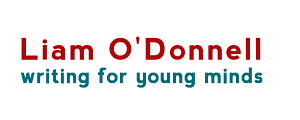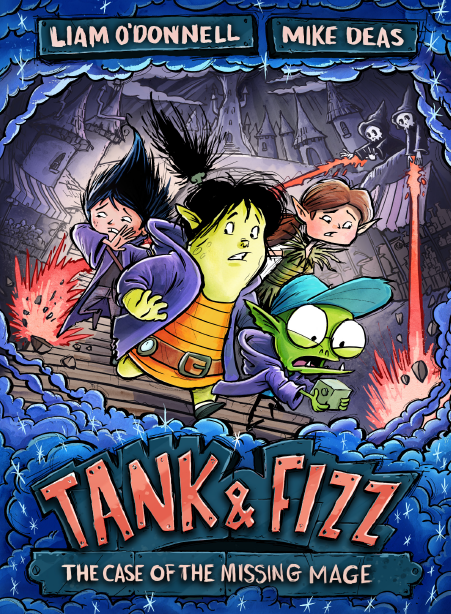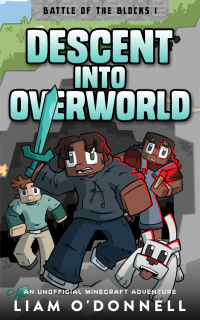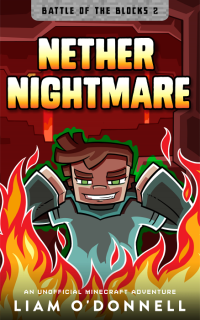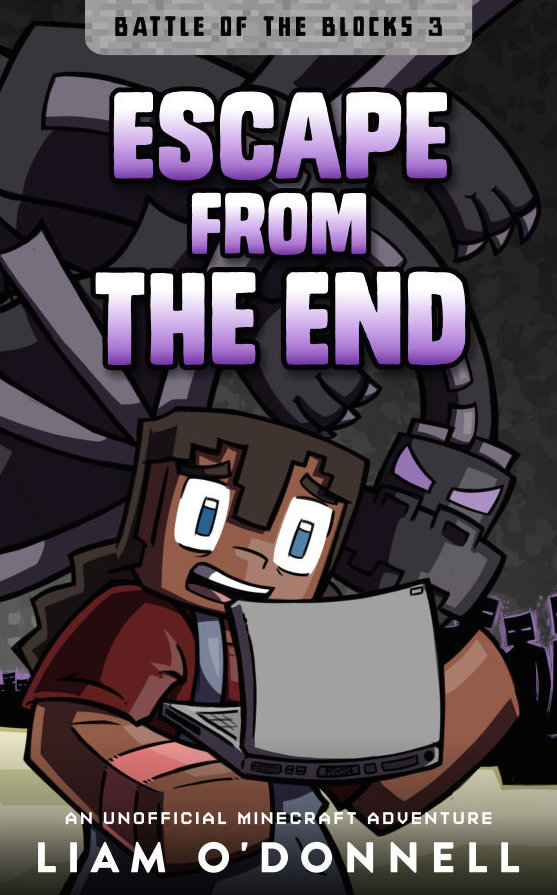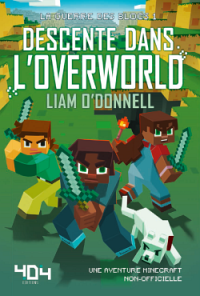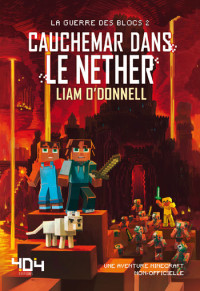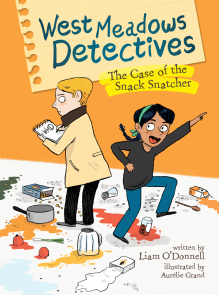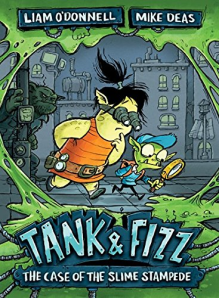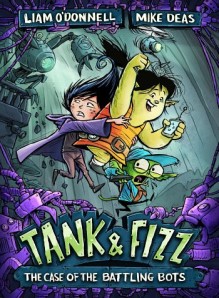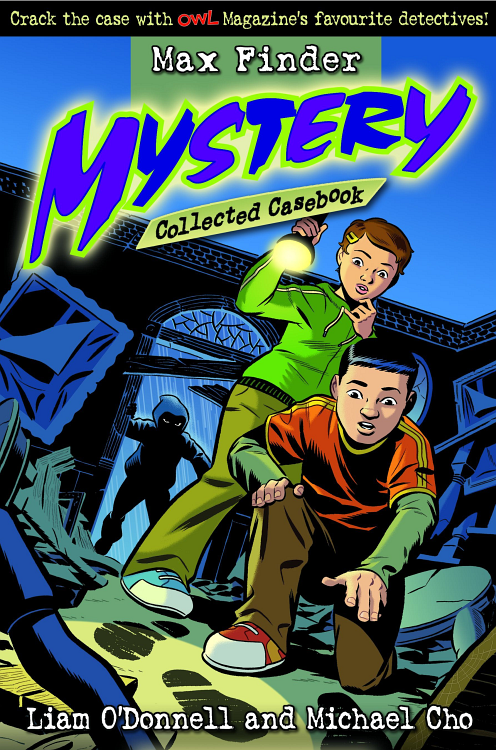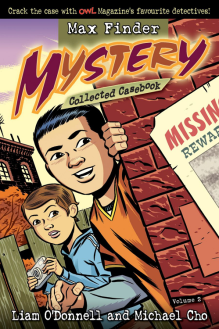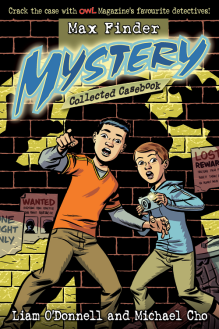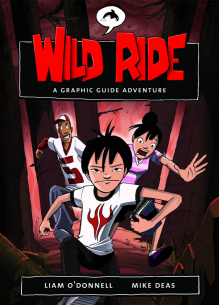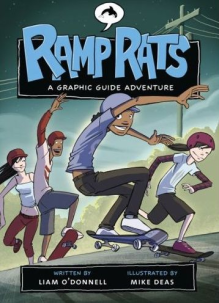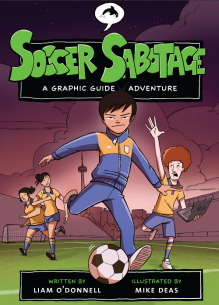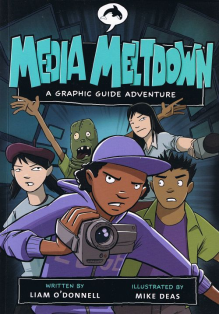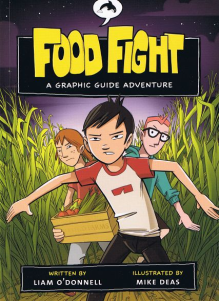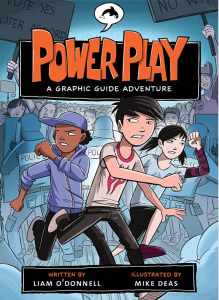If you haven’t already noticed, e-books have kinda knocked the whole publishing industry on its head. I haven’t written much about those changes around here, but I think about it a lot.
That’s because I’m in the lucky position to see these changes from three different perspectives: as a reader, as an author and as an educator.
This is my take (or takes) on where teachers, writers and readers can win with e-books.
Readers Win with E-Books (sort of)
As a reader, I am both loving and hating the whole e-book thing. I love finding new authors and being able to buy their work instantly for not a lot of money. I’ve revisited some classics and discovered new ones along the way.
What I’m not so crazy about is that I don’t feel I “own” the book. I can’t keep them them on my bookshelves, pile them on tables, or stack them on the floor. (I’m a writer, that’s what we do.) With an e-book, that is gone. And sometimes, the actual e-book is gone, too. I’ve twice had my device wiped and lose all my titles. Getting them back means reloading them and reminding yourself that digital is definitely different than the printed.
And then there’s the whole DRM mess. For me, a book with an icky layer of DRM is a total sale killer.
Writers Win and Win Some More
 From an author’s point of view, e-books are fantastic. It’s been well-documented by many writers on many blogs, but now that e-book readers have gone mainstream, being a published author has never been easier. That does lead to a lot of crap, but it also leads to many positive opportunities for writers like myself.
From an author’s point of view, e-books are fantastic. It’s been well-documented by many writers on many blogs, but now that e-book readers have gone mainstream, being a published author has never been easier. That does lead to a lot of crap, but it also leads to many positive opportunities for writers like myself.
For instance, I have always wanted to write more short stories, like the ones I wrote for kids magazines back in the day (the day being 10 years ago). But kids publishers just don’t do short story collections, so there’s never been a point in me pursuing that.
All that’s changed with e-books. Tech Tales, my new series of digital short stories for middle grade reluctant readers, is proof. The first two stories in the ongoing series, Unplugged and Text Hunter, are short stories with short chapters, fast action and plenty of gadgetry weirdness.
While written for middle grade reluctant readers, my hope is that teachers, armed with new classroom tablets, will try them out for a quick story that will engage to their hardest to please students. To make it easier for teachers, the stories come with a Teachers Guide and are totally DRM-Free. Once purchased, teachers (and students) are free to copy the stories on as many devices as they like and share with colleagues, students and parents.
This is something I couldn’t dream of doing with a traditional publisher.
Educators can Win Big
As a teacher, I’ve seen firsthand the power of handing a reluctant reader a story on a digital device. The kids I work with don’t have issues reading from a screen, whether it’s a computer, tablet, smartphone or e-reader. As with all alternative texts I write about, like videogames and comics, when there’s engagement, there’s an opportunity for learning.
With that in mind, I think teachers stand to win big with the arrival of e-books. With a good selection of DRM-Free titles, a teacher’s classroom library (and a school library) can work to engage reluctant readers.
The key here, for me anyway, is that these books be DRM-Free across all platforms. As a reader, author and teacher, I just don’t like the idea that you can have a book one day only for it to vanish the next because of some leechy piece of code that adds nothing of value for the reader. As e-books for young readers continue to grow, we’re going to see a lot more services offering schools digital subscriptions to e-books. Personally, I think these services will just cost the schools a lot of money and leave them at the end of the year with an empty digital library.
What do you think? Are you a fan of e-readers in your classroom or are you sticking to paper? Is DRM essential to the future of e-books? Let me know in the comments below.
–-
As an award-winning children’s author, gamer-geek and elementary school teacher, I often have teaching ideas and writing news to share with fellow educators. I deliver these resources and ideas to your inbox in my e-newsletter Reading Change.
If this sounds like something you’d like to receive, then subscribe to Reading Change.
You can unsubscribe anytime and I won’t share or sell your data. Honest.
Thanks!
Liam
